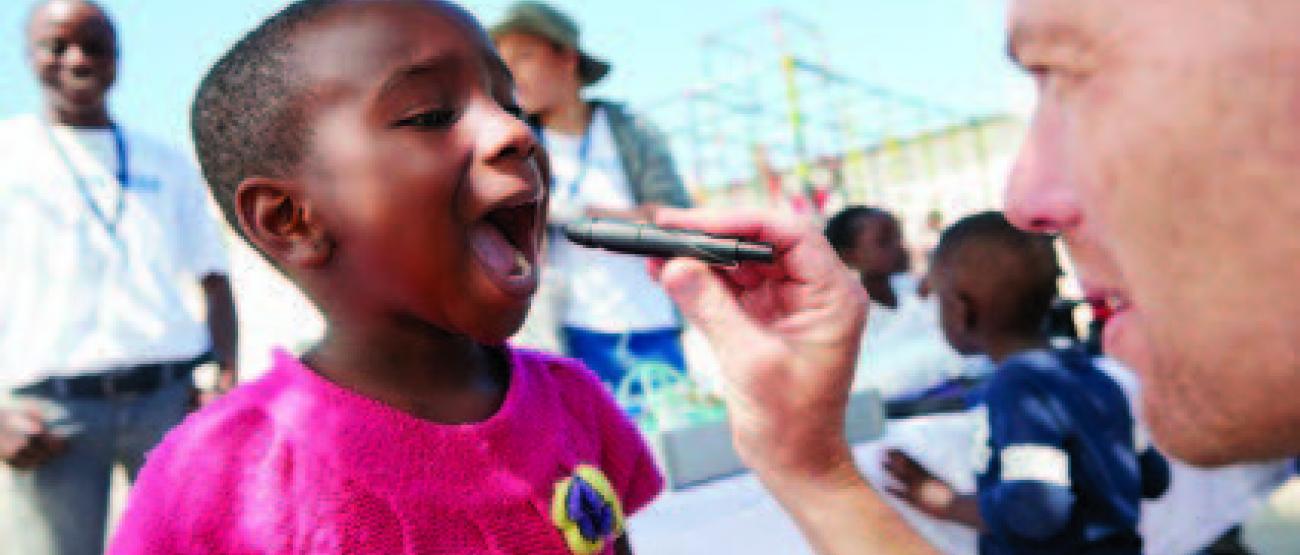Data Project Addresses Childhood Stunting
Global Recognition
Data Project Addresses Childhood Stunting

Rensselaer has received a grant of nearly $1 million from the Bill & Melinda Gates Foundation for continuing work on a novel data visualization platform that will harness and accelerate the analysis of vast amounts of data for the foundation’s Healthy Birth, Growth, and Development Knowledge Integration initiative.
This grant brings total giving from the foundation to Rensselaer over the course of this project to nearly $1,360,000.
The Healthy Birth, Growth, and Development Knowledge Integration (HBGDki) initiative aims to facilitate collaboration between researchers, quantitative experts, and policy makers in the search to identify the root causes and best solutions for addressing the serious problem of childhood stunting in developing nations.
According to the United Nations Children’s Fund, more than a quarter of children under age 5 worldwide are permanently “stunted” due to malnutrition and other factors that are still poorly under-stood. Impaired growth and development are complex, multidisciplinary problems that involve diverse issues including nutritional deficiencies, environmental exposures, infectious diseases, water, and sanitation conditions.
The goal of the initiative is to enable broader impact of insights, through the integration of multidisciplinary data from past and ongoing studies, to identify the most effective intervention packages for promoting healthy birth, growth, and development in vulnerable populations.
“We welcome this additional support from the Bill & Melinda Gates Foundation to address a pressing worldwide challenge,” said President Shirley Ann Jackson. “With the first phase of the project success-fully completed, Rensselaer researchers and data scientists will now employ their extensive expertise and innovative technologies to develop a data visualization platform that will greatly enhance the effort to improve child health worldwide.”
Anna Dyson, professor of architecture and director of the Center for Architecture Science and Ecology (CASE), is principal investigator on this phase of the project.